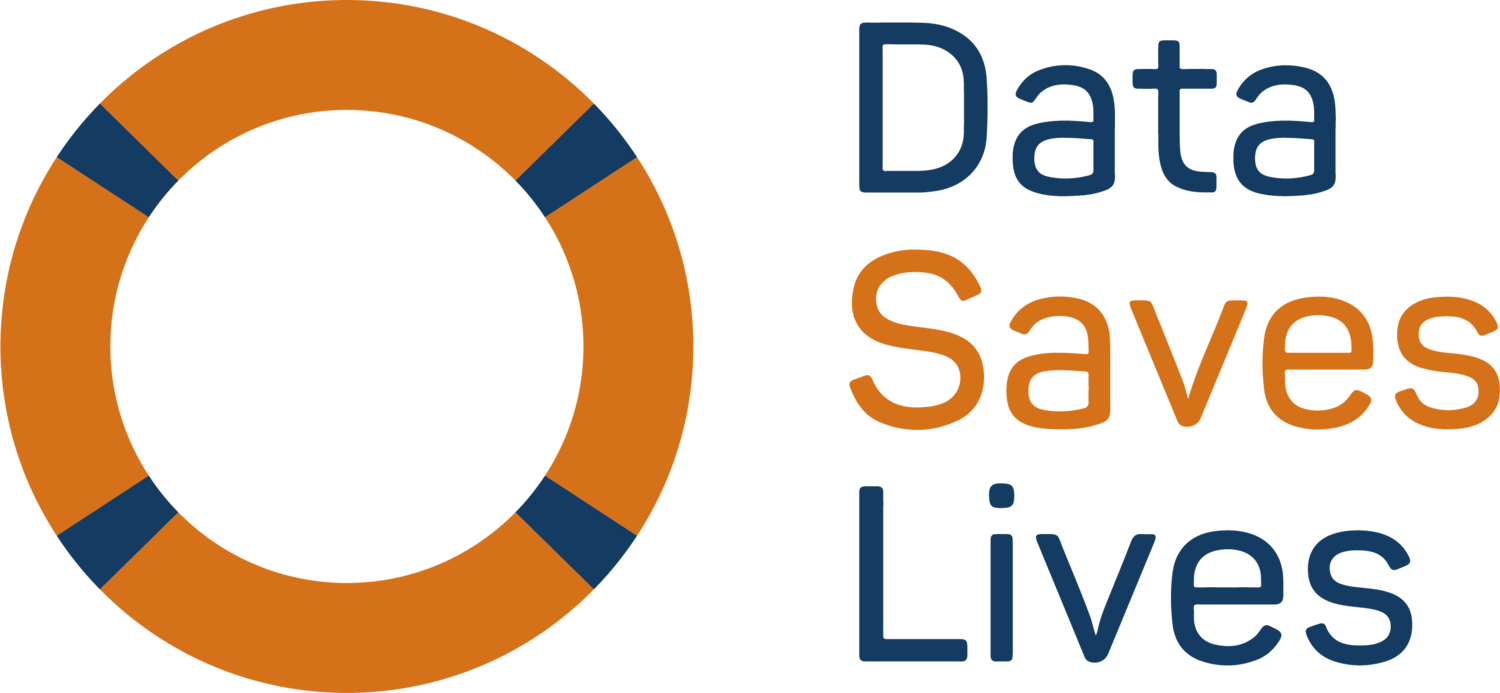Helen Bulbeck, Director, brainstrust, the brain cancer people
As experience and research continues to develop, we see that the ability to access data affects not only the patient’s ability to look after themselves, but also their relationships with their clinical team and with their own illnesses and comorbidities.[1] A shift to being empowered begins at the point of diagnosis, with a collaborative and interactive relationship between patients and healthcare professionals, which empowers patients to take on responsibility for their condition with the appropriate clinical support. We know that when people play a more collaborative role in managing their health and care, they can have better clinical outcomes.[2] [3] They are less likely to use emergency hospital services[4]. We know too that patients who have the opportunity and support to make decisions about their care and treatment in partnership with health professionals are more satisfied with their care.[5] And we know that patients are more likely to choose treatments based on their values and preferences rather than those of their clinician.[6] They also tend to choose less invasive and costly treatments.[7]
Accessing personal and population level data is no longer a technological problem – the technology has been available for some years. Accessing data has been around in various guises and the world has not collapsed. There remain, however, major challenges to this change, for example, from moving from the position of seeing the healthcare professional just as an expert giving advice, to an enabler who supports the person they are caring for to achieve their goals; and the challenge of patients seeing themselves as passive recipients of care, to becoming activated and take the lead in improving their health and well-being outcomes, and being empowered to do so.
Since 2011, UK brain cancer people, braintrust, has worked collaboratively with the National Cancer Registration and Analysis Service (NCRAS, now the National Disease Registration Service NDRS) to explore how the data that is collected can be used for patient benefit. For example, weighing up the pros and cons of having a particular treatment in particular hospital, or overcoming a problem with caring, or coming to terms with entering the next stage of treatment. All of these are effective forms of self-management and all rely on patient data – the only source of data is the patient.
We have oceans of data but as we discovered, very little of it was being used in any meaningful way, or at least in a way that is relevant for our community. So we’ve taken the opportunity to change things.
It has not been an easy task – but six years on from the launch of our registry project and we now have unprecedented access to data on rarer and less common cancers, such as brain cancer. Data that looks beyond the ‘traditional’ approach to epidemiology of cancer, to answer questions around care that are meaningful to patients, carers and clinicians.
What have we learnt? A lot about safe and secure policies, processes and procedures to ensure that patient data is shared in a way that does not compromise anonymity. Crucially, we’ve also learnt that data on its own does not tell a story. In writing accessible, visually engaging reports, each of which tells one story, we bring meaningful narrative to the data, which can help support better conversations around care. Conversations that in turn can drive positive change.
The future is bright as we look forward to the next stages of our work, building on solid foundations to ensure that the NDRS is releasing more brain tumour data that is interesting and useful to the community. This will move the conversation on from traditional measures that focus on incidence and survival and help us to evidence at a whole population level the struggle, nationwide, to ensure that there is parity of care and that life is as good as it can be when you have a brain tumour in the family.
While registries may not always be ‘owned’ by the community – though we are seeing increasing numbers of patient organisations establishing their own patient data registries – the community is best placed to determine what is important to glean from the data generated. It’s time to use that vantage point to get stuck in and answer the questions that we know will ultimately benefit people living with disease and their families.
Read the case study on ‘Using National Cancer Registry data for the benefit of the brain tumour community’ here: https://datasaveslives.eu/blog/using-national-cancer-registry-data-060722
[1] BR J Gen Pract 2013; DOI: 10.3399/bjgp13X668384
[2] De Silva D. Helping people help themselves. London: The Health Foundation, May 2011, p6. www.health.org.uk/publications/evidence-helping-people-help-themselves
[3] Hibbard J, Gilburt H. Supporting people to manage their health: An introduction to patient activation. The King’s Fund, 2014.
[4] De Silva D. Helping people help themselves. London: The Health Foundation, May 2011, p6. www.health.org.uk/publications/evidence-helping-people-help-themselves
[5] De Silva D. Helping people share decision making. London: The Health Foundation, July 2012, p.9. www.health.org.uk/publications/helping-people-share-decision-making
[6] O’Connor AM, et al. Modifying unwarranted variations in health care: shared decision making using patient decision aids. Health Affairs, web exclusive, 7 October 2004
[7] De Silva D. Helping people share decision making, The Health Foundation, June 2012, p.12. www.health.org.uk/publications/evidence-helping-people-help-themselves

